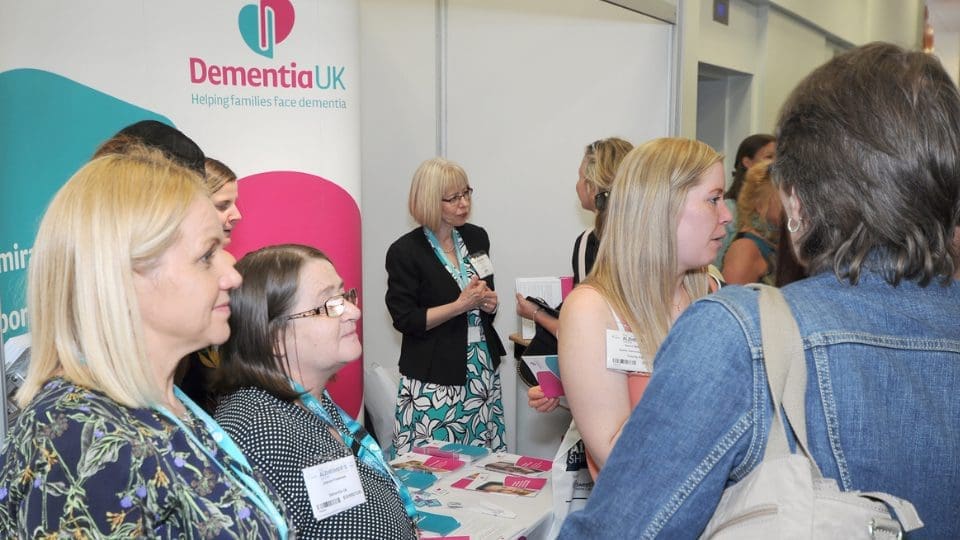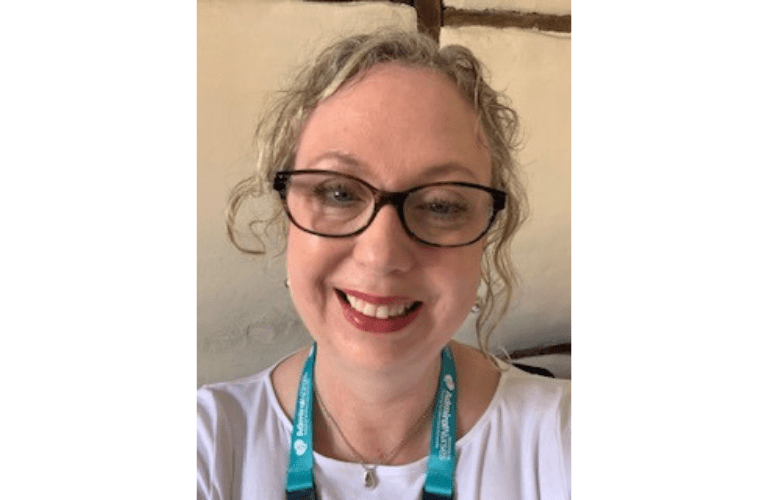
A day in the life of Admiral Nurse Ruby Guild
Ruby talks us through her working day supporting families affected by dementia in local communities.
Our campaign ‘Only together,’ highlights the lacks of support currently available to families affected by dementia and how things need to be improved.
‘Only together,’ our first-ever influencing campaign, highlights the low level of specialist support currently available to families affected by dementia, and how access to quality care could be improved.
The key findings include: 77% of family carer respondents were dissatisfied with the support they received from primary care services, 82% of health care professionals said they have limited time and capacity for appointments, and 58% of the charity’s own dementia specialist nurses agreed there is a lack of information and support provided to people with dementia.
The findings present a stark account of the challenges facing families with dementia. The campaign report’s recommendations outline how families need access to tailored information and that our dementia specialist nurses can support in connecting up a still fractured system, through close working with families and healthcare professionals.
The ongoing effects of coronavirus have exacerbated the challenges which family carers face. Some of the key issues which carers raised for the report include: 83% of carers have had fewer opportunities to take a break from their caring role, 86% reported a decline in their own mental wellbeing and a further 62% are worried about whether they can continue to care for the person with dementia at home following the arrival of the pandemic.
Our Chief Admiral Nurse and CEO, Dr Hilda Hayo said: “Families affected by dementia have always been in the dark, but even more so during the pandemic. Information about how the condition could affect them and who to turn to in times of need has been lacking. Added to this is a climate where community support services are all but drying up.
“Our Facing it alone report highlights the importance of working together to improve dementia specialist support for the thousands of families living with dementia. Our dementia specialist nurses can be at the heart of this approach, allowing GPs and other healthcare professionals to understand the complexities of the condition, and for families to live a future with more confidence and less fear.”
Family carer Ed Bazalgette, based in London but caring for his mum in Devon, has seen how this approach can work from our own Admiral Nurses: “The system is so fragmented for people with dementia and there was a time when we needed to rely on my Admiral Nurse, Mary-Jo, to connect the dots between all the support services and professionals working in dementia care.”
“She was a fantastic help when it came to liaising with the continence supplier. I just do not know what I would have done without her.”
There are currently 305 Admiral Nurses across England, Scotland and Wales, working with tens of thousands of families. But not every family affected by dementia has access to the specialist support they need.
We are calling on families, GPs and health professionals to act in a number of ways:

Ruby talks us through her working day supporting families affected by dementia in local communities.

The UK’s largest and only event covering all aspects of the fight against dementia from drug discovery to treatment to care is taking place at ExCel from 14th-15th June 2024.

We speak to Admiral Nurse Jules, on why she chose to specialise in young onset dementia and how she supports families.